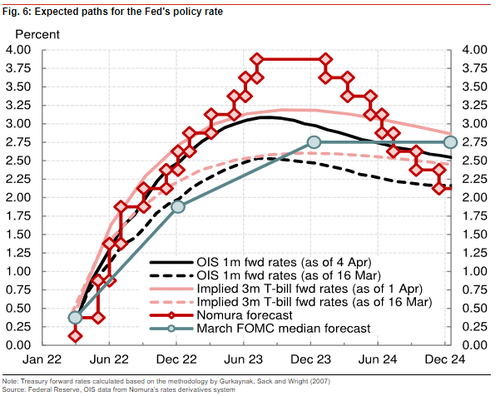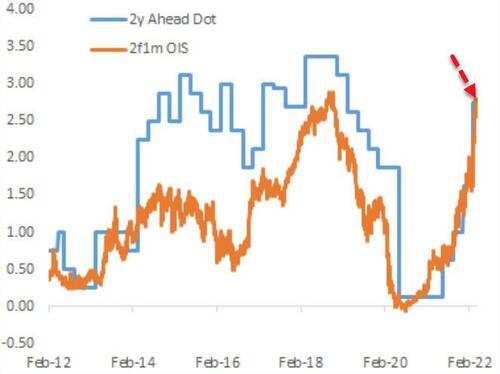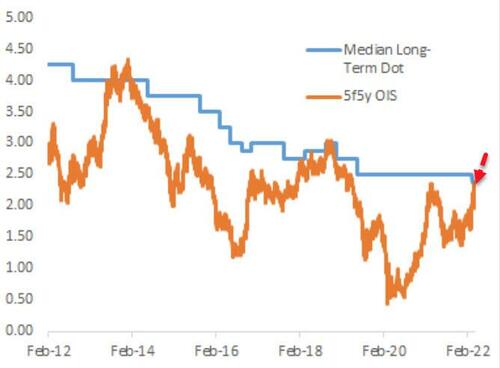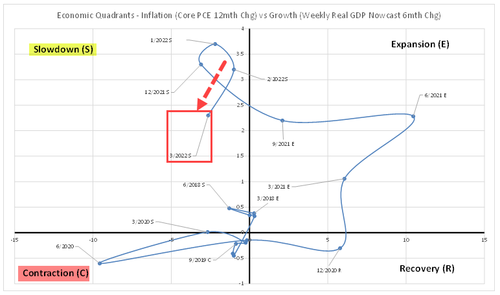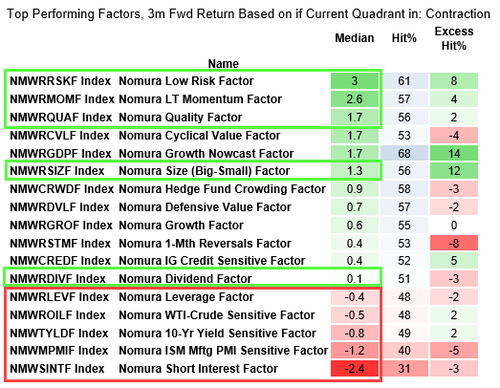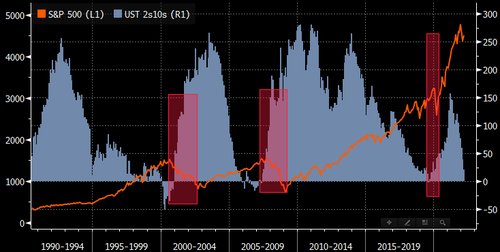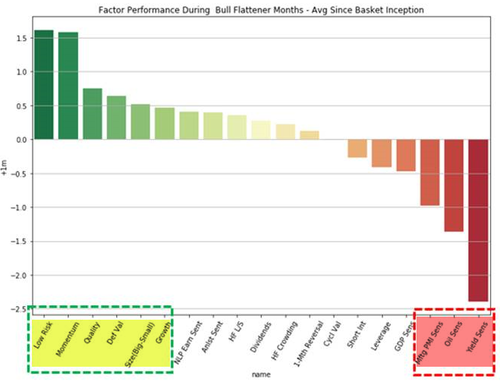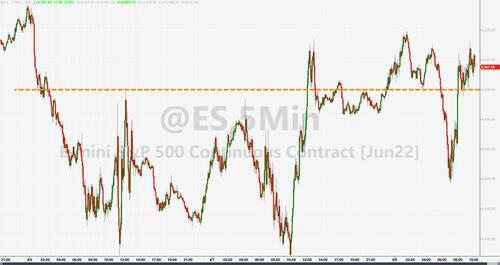
In Shanghai, which is three times the size of New York City, residents have been under strict pandemic lockdown since March 27 in some parts, and since March 31 in others, with no end in sight.
Having detected a huge surge in cases, with more than 20,000 new cases being found daily, Chinese authorities locked the city of 25 million down, forcing residents into situations of extraordinary deprivation and subjecting them to brutal containment and control measures. With residents unable to leave their houses, food supplies are dwindling, and government workers attempting to deliver supplies to homes and apartments, frequently failing to do so in a timely or consistent manner. People are running out of the medicines they need to stay healthy or alive. Some people experiencing medical emergencies, CNN reports, have died after being turned away; they were unable to access care without negative COVID tests. “We are not killed by Covid, but by the Covid control measures,” read a viral post on social media site Weibo.
Due to strict containment and isolation measures in place for COVID-positive people, some mothers report being forcibly separated from their COVID-infected children by authorities. Health authorities allege parents will be able to appeal this and seek permission (!) to accompany their COVID-positive children to hospitals and isolation wards. It is unclear how this will actually apply in practice and whether this will end the brutal measure of separating parents from their young, sick children.
“In this country it’s not the virus that scares us, but the chaotic anti-Covid measures that have caused risks to the well-being of the elderly, the children and companion animals,” Shanghai resident Lily Chen told Bloomberg. “I now realize we can only rely on ourselves—not the government—to protect our own families.”
A video that has gone viral in China shows one family in Shanghai being taken off to COVID quarantine as their pet corgi chased the van in pursuit of its people. They had ostensibly released the dog into the city, assuming possible survival, instead of letting it stay in the family home during the quarantine period (where it would die without care). The dog was promptly killed by a COVID prevention worker wielding a spade. (This is not the first time Chinese authorities have come under fire for brutal treatment of pets in pursuit of COVID containment.)
The great leap forward, from the discomfort of your own home. Hunger drives people crazy, how can this continue? https://t.co/i1wnRiwcg2
— Alex Turnbull (@alexbhturnbull) April 5, 2022
Those who do violate or attempt to violate state-mandated quarantine or lockdown are subjected to punishment, though it is difficult to know the full extent due to the Chinese Communist Party’s (CCP) aggressive censorship. In other cities like Shandong, which was also recently forced under lockdown, videos of harsh punishments have circulated:
Disturbing video of COVID volunteers forcibly shaving someone who stepped outside of the house in Heze, Shandong (山东省菏泽市鄄城县凤凰镇) pic.twitter.com/TI49QzRnqa
— Alexander Boyd (@alexludoboyd) April 5, 2022
(Some on social media site Weibo suggest that the above could be a parody, while others elsewhere note that “forcibly shaving only the left side” is a callback to “an insulting practice widely used during the Cultural Revolution.”)
All such measures are part of the CCP’s “COVID Zero” strategy, which aims to entirely eliminate COVID spread within China’s borders, often through imposition of aggressive regional lockdowns like the one seen in Shanghai, as well as strict border control and frequent testing. Only about half of China’s above-80 population is fully vaccinated, with Chinese vaccines proving less effective than their Western counterparts. It’s unclear what the death toll looks like as this COVID outbreak takes it course, and CCP-sourced numbers are notoriously unreliable.
What is clear is the degree to which residents of Shanghai are disturbed by the state of deprivation they’ve been forced to endure; an unusually high amount of government criticism has emanated from Weibo and other platforms, which are typically heavily censored. “We don’t want to starve to death,” chanted residents of one suburb.
“Control your soul’s desire for freedom,” one drone told them as it aerially broadcasted COVID control policies throughout the city, emblematic of how seriously CCP authorities take citizens’ concerns.
The post Under COVID Lockdown, Shanghai's People Are Running Out of Food and Meds While Pets Get Killed in the Streets appeared first on Reason.com.
from Latest https://ift.tt/50t4xhB
via IFTTT






